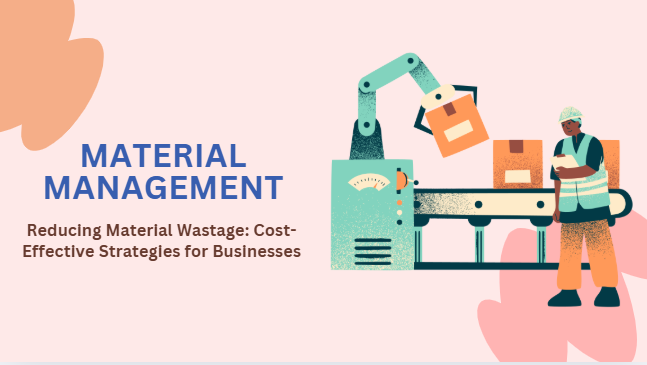
The Internet of Things (IoT) is a network of physical devices connected to the Internet and can collect and exchange data. This technology is having a significant impact on a wide range of industries, including supply chain management.
IoT devices can track the movement of goods throughout the supply chain, from raw materials to finished products. This can help businesses to improve inventory visibility, reduce waste, and increase efficiency.
Here are some of the ways that IoT is being used to transform supply chains:
- Real-time tracking: IoT sensors can track the location of goods in real-time. This can help businesses to identify and resolve delays early on and to ensure that deliveries are made on time.
- Predictive maintenance: IoT sensors can be used to monitor the condition of equipment and predict when maintenance is needed. This can help businesses to reduce downtime and extend the life of their assets.
- Inventory optimization: IoT sensors can track inventory levels in real time. This can help businesses to avoid overstocking and stockouts and to ensure that they have the right products in the right place at the right time.
Benefits of using IoT in supply chains
There are many benefits to using IoT in supply chains, including:
- Improved efficiency: IoT can help businesses to streamline their operations and improve efficiency across the supply chain. This can lead to reduced costs and improved customer satisfaction.
- Increased visibility: IoT provides real-time visibility into the supply chain, which can help businesses identify and resolve problems early on. This can also help companies to make better inventory management, production planning, and transportation decisions.
- Reduced waste: IoT can help businesses to reduce waste by improving inventory management and reducing spoilage. This can lead to significant cost savings and environmental benefits.
- Improved customer service: IoT can help businesses improve customer service by providing real-time updates on the status of orders and deliveries. This can help to reduce customer frustration and improve the overall customer experience.
Challenges of using IoT in supply chains
While there are many benefits to using IoT in supply chains, there are also some challenges that businesses need to be aware of. These include:
- Security: IoT devices can be vulnerable to cyberattacks, so it is essential to implement robust security measures.
- Data management: IoT devices generate a large amount of data, so businesses need to have a plan for storing, managing, and analyzing this data.
- Integration: IoT devices must be integrated with existing supply chain systems. This can be a complex and expensive process.
How to get started with IoT in supply chains
If you are interested in using IoT to transform your supply chain, there are a few things you can do to get started:
- Identify your needs: What are your biggest challenges in your supply chain? What areas do you think IoT could help you to improve?
- Research IoT solutions: A wide range of IoT solutions are available, so it is vital to research and find a solution that meets your specific needs.
- Develop a plan: Once you have chosen an IoT solution, you must develop a plan for deploying and implementing it. This should include a budget, timeline, and communication plan.
- Implement the solution: Once you have developed a plan, you must implement the IoT solution. This may involve installing new hardware and software and integrating the solution with your existing systems.
- Monitor the results: Once the IoT solution is up and running, you must monitor the results to ensure it meets your expectations. You should also track the ROI of the solution.
Conclusion
IoT has the potential to revolutionize supply chain management. By providing real-time visibility and insights, IoT can help businesses to improve efficiency, reduce waste, and improve customer service.
A PGDM in supply chain management offers many advantages for professionals seeking to excel in this rapidly evolving field. MIT School of Distance Education offers the best PG diploma in supply chain management.
The PG Diploma in Supply Chain Management course contains business sustainability, general operations, and project management. It also covers logistics management to prepare you for the latest business and social needs.


